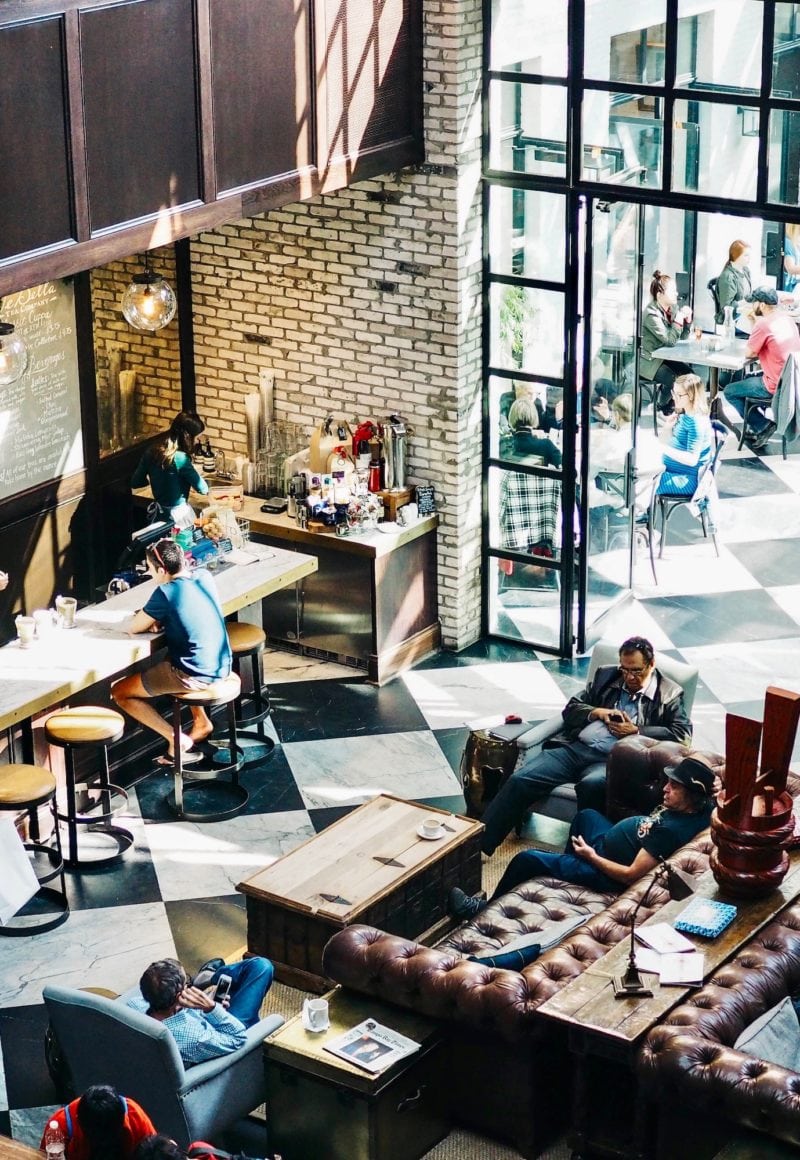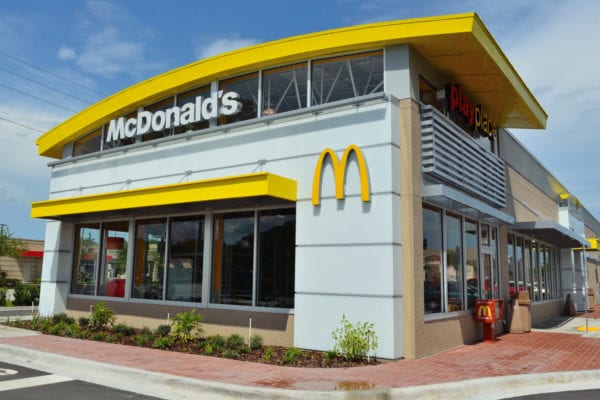Skift Take
With fraudsters targeting the food and beverage industry in new and creative ways, companies must take every precaution to protect themselves and their customers. Many are turning to Forter for identity-based fraud prevention that protects e-commerce merchants during every stage of the customer lifecycle.
— Forter
It’s clear customers love the ease of ordering their favorite pizza, burgers, noodles or poke online or via an app, only to have it delivered to their doors in less than an hour. By many statistics, it’s the wave of the future, and these systems are keeping restaurants, be it fast casual chains or small independents, afloat as dining trends evolve. But with more food and beverage companies moving into the digital transaction space there is a lot more opportunity for fraud.
Huge companies like Chili’s, P.F. Chang’s and Panera have been hit with massive data breaches over the last few years. But smaller brands are being targeted too, especially those utilizing point of sale systems, online and mobile delivery services, and reward programs. The bottom line: If a fraudster finds a digital loophole, whether it’s to harvest credit card information or exploit other vulnerabilities, they’ll abuse it.
According to e-commerce fraud prevention company Forter, attack rates in the food and beverage category have increased by 60 percent in the last year. Most of this is attributed to the growth of digital sales and online services, but it’s also because the industry simply hasn’t had time to catch up to the rise of fraudulent activity. It’s easy for thieves to target the restaurant industry because there hasn’t been a lot of preventative measures put in place. That is, until now.
First, you have to be able to identify the fraudsters. On the professional level, thieves with stolen credit card numbers often try “card and wallet tests,” like ordering food at various locations to figure out if the numbers are good before attempting larger purchases elsewhere. These fraudulent sales most likely result in chargebacks that cut into overall revenue for a restaurant. On the other end of the spectrum, everyday consumers might take advantage of referral and loyalty point programs to cheat their way into getting unfair discounts. Again, this kind of activity negatively affects the restaurant’s bottom line.
While the loss of revenue hurts any business, at the end of the day, the greatest cost of any data breach is the loss of faith by consumers. Restaurant owners need to be aware of not only fraud trends, but also the most effective ways to protect themselves and their customers against them.
Recognizing these growing digital vulnerabilities in the food and beverage industry, Forter has become a leader in creating customized plans to stop fraud before it happens. By using various biometrics, data points and tracking pixels to follow a consumer’s journey, the company can decipher bad actors from good ones in less than a second. In less techie terms, it’s like an alert system that will let you know if someone is attempting fraud, and stop it before it actually hits.
When TGI Friday’s moved into the digital space with a new app and on-demand service, the company saw increasing chargeback rates for fraudulent sales both with online orders and in-restaurant mobile check payments. To fix this, Forter worked with the Friday’s product and technology teams to custom build a model that worked for them.
It was an immediate success for the company. Not only did it make a huge impact on lost revenue, but with instant approve or decline decisions on all mobile transactions, it helped fight fraud in real time. Their chargeback rate decreased and transaction times never slowed for the Friday’s customer. A win-win.
For delivery.com, everything is about speed. How fast an order is processed for a customer, and when the food or beverages get out the door, are paramount to the company’s success. And approving and verifying each individual order to see if it is or isn’t genuine is not an option for on-demand services. Forter created a fully automated fraud prevention system to cut out all manual reviews, giving every single transaction an instant, guaranteed approve/decline decision. They saw a 69 percent decrease in chargebacks, which was a tremendous improvement.
With so many transactions being handled in the digital realm, food and beverage companies, including restaurants and delivery services, must take every precaution to protect themselves and their customers. Working with a company like Forter not only minimizes damage if a breach does occur, but with the proper systems in place, real-time evaluations can nip fraud attacks before they happen. To keep a steady bottom line, the most important thing is creating a seamless experience for the customer and keeping their trust intact.
This content was created collaboratively between Forter and Skift Table.







